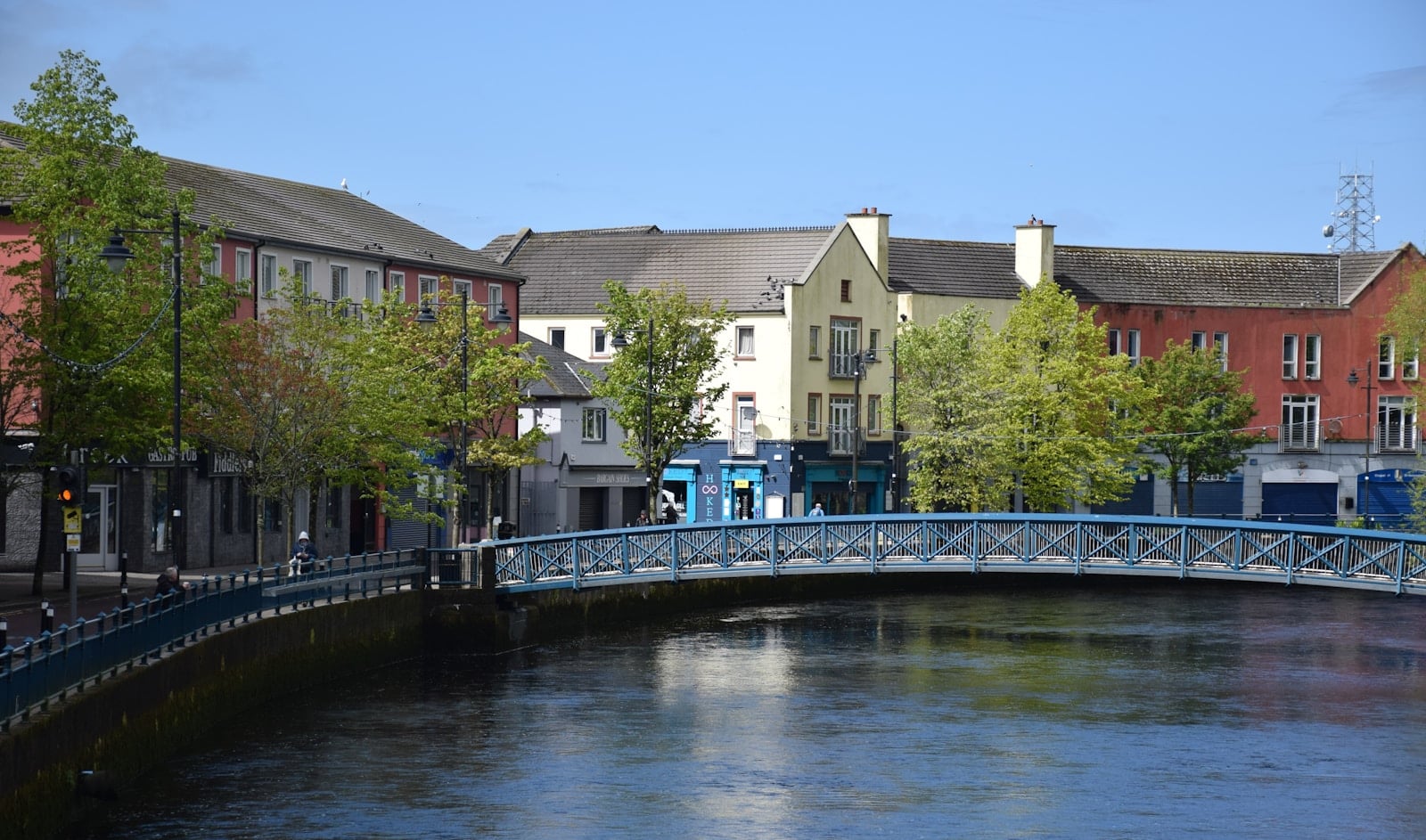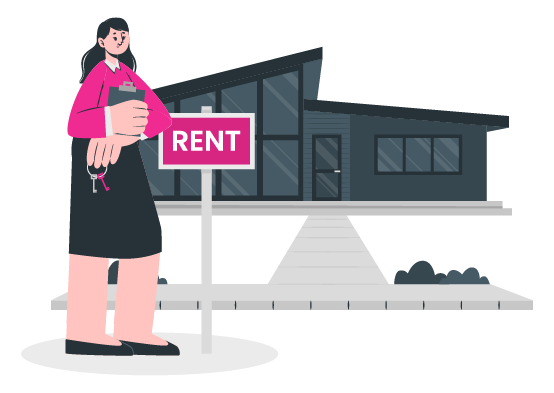In recent years, Ireland’s rental market has witnessed a significant transformation. Private landlords are becoming an increasingly prominent force, reshaping the landscape of residential leasing across the country. Whether you’re a seasoned investor or considering entering the market, understanding the current trends and legal obligations is crucial.
A Surge in Private Landlord Participation
Contrary to the narrative of landlords exiting the market, recent data from the Residential Tenancies Board (RTB) indicates a 5.7% increase in the number of registered private landlords, reaching 104,327 by the end of September 2024 . This uptick suggests a growing confidence among private investors in Ireland’s rental sector.
Notably, landlords with extensive portfolios are becoming more prevalent. In Dublin, the proportion of tenancies associated with landlords owning over 100 properties has risen to 22.6%, up from 19.8% in the previous year. This trend highlights a shift towards institutional investment in the residential rental market.
Navigating Legal Obligations: What Every Landlord Should Know
Operating as a private landlord in Ireland comes with a set of legal responsibilities designed to protect both tenants and property owners. Here’s what you need to be aware of:
1. Registration with the RTB
All landlords must register their tenancies with the RTB. Failure to do so can result in penalties and complications in resolving disputes.
2. Adherence to Rent Pressure Zones (RPZs)
Certain areas in Ireland are designated as RPZs, where rent increases are capped at 2% annually. These zones aim to prevent excessive rent hikes and ensure affordability .
3. Compliance with Minimum Standards
Landlords are required to maintain their properties to a certain standard, ensuring they are safe and habitable. This includes regular maintenance and timely repairs.
4. Understanding Tax Implications
Rental income is subject to taxation under Ireland’s self-assessment system. Landlords can deduct certain expenses, such as mortgage interest, from their taxable income. Additionally, tax reliefs, like the Residential Premises Rental Income Relief, are available to landlords who commit to keeping properties in the rental market for extended periods.
Emerging Trends Shaping the Private Rental Sector
The Irish rental market is evolving, influenced by various factors that private landlords should consider:
1. Build-to-Rent Developments
Purpose-built rental communities are on the rise, offering amenities like on-site gyms and co-working spaces. These developments cater to tenants seeking long-term stability and quality living conditions .
2. Sustainability and Energy Efficiency
Tenants are increasingly prioritizing energy-efficient homes. Landlords investing in upgrades like solar panels and heat pumps not only reduce environmental impact but can also command higher rents .
3. Smart Home Technology
Integrating smart technologies, such as smart locks and thermostats, is becoming standard. These features appeal to tech-savvy tenants and can enhance property value and tenant satisfaction .
Embracing the Future of Private Landlording
The rise of private landlords in Ireland signifies a dynamic shift in the rental market. By staying informed about legal obligations and adapting to emerging trends, landlords can position themselves for success in this evolving landscape.
If you’re considering entering the private rental market or seeking to optimise your existing portfolio, FindQo.ie offers valuable resources and tools to assist you in making informed decisions.
Ready to enhance your rental property’s appeal? Visit FindQo.ie to explore our property valuation tools, and expert advice tailored for private landlords in Ireland.

